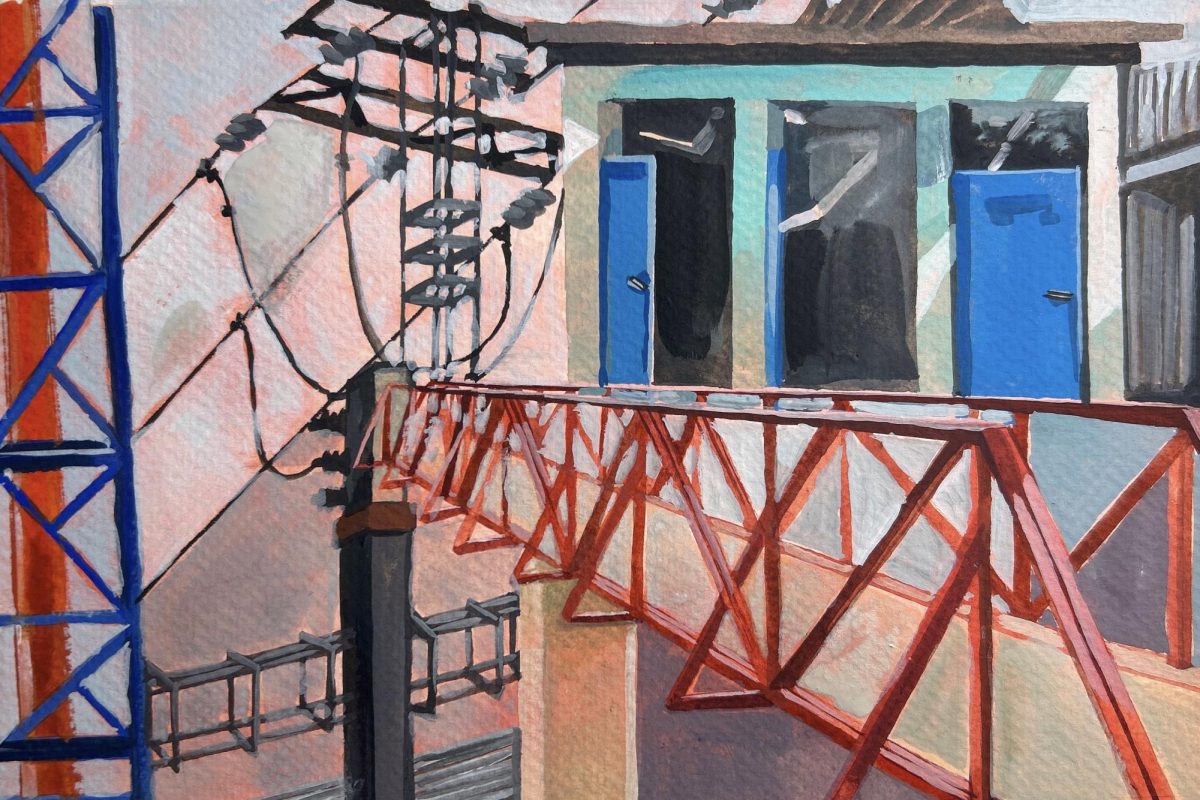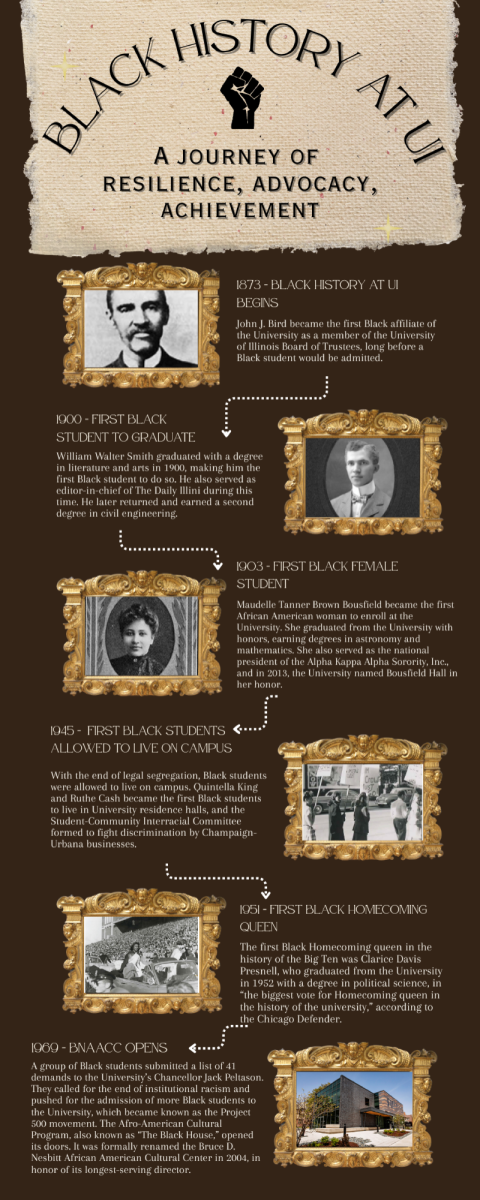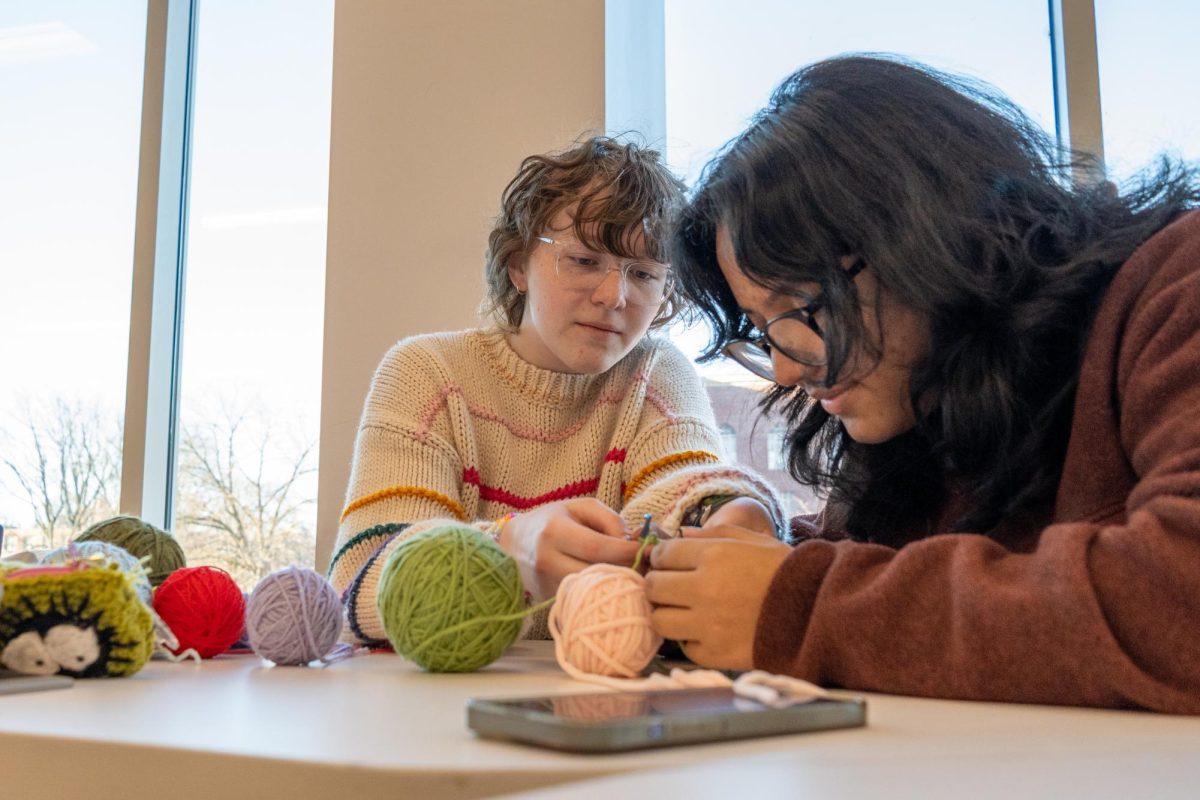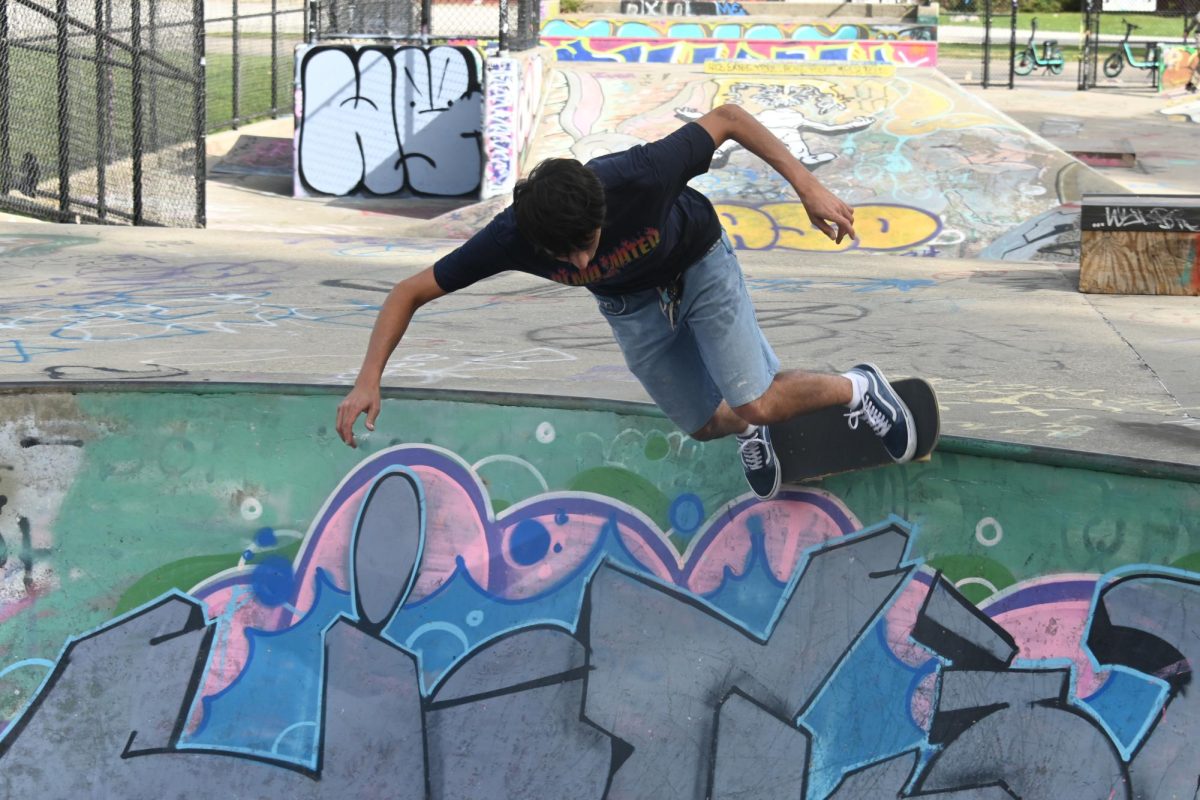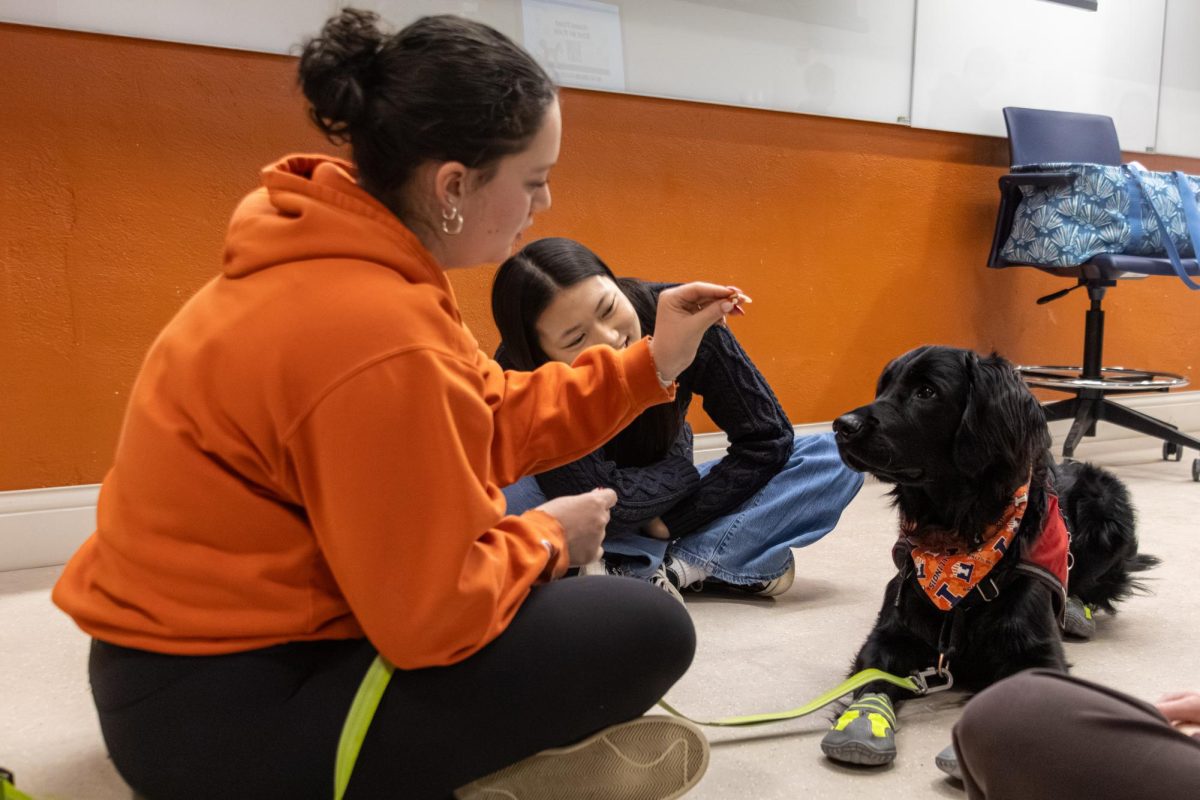Engineers Without Borders at the University is part of an international organization whose mission is to aid the development of sustainable bottom-up growth at communal, national and global levels to enhance infrastructure and improve the everyday lives of citizens in these countries.
Last school year, EWB focused on two main projects: improved sanitation and running water in a Guatemalan school’s bathroom system and creating two vehicular bridges connecting two schools in Malawi, East Africa.
This summer, five students per project group traveled to these countries to connect with the community, check in on older implemented plans and confirm plans with contractors.
The team traveled to Chilaweni, Malawi, for 10 days, where they stayed in a local community schoolhouse. They not only got to work on their project but became immersed in the community’s culture.
In Malawi, the group met with different people to confirm their plans of implementing the bridge into a community of roughly 25,000 citizens to improve their quality of life and access to health care, economic regions and other resources.
Get The Daily Illini in your inbox!
President of EWB, Saathveek Gowrishankar, junior in Engineering, was a part of the Malawi project’s travel team.
“A major aspect of our trip was meeting with material suppliers and contractors to better understand the cost of materials, what materials are available and how that relates to what we are familiar with in the United States,” Gowrishankar said.
Through these conversations, project members obtained further insight. They asked questions about the potential bridge site since they hadn’t gotten to explore it in person before.
The biggest issue they endured throughout their trip stemmed from language barriers. While some community members speak English, they predominantly use their native language of Chichewa.
Some project members learned a bit of a language, but it was only sufficient concerning small talk. Sometimes, the language barrier made seemingly simplistic questions in English, like “Can you explain the recent weather?” lead into five-minute conversations where they tried to explain the question further, not the answer.
Ultimately, throughout the 10-day trip, they overcame this tribulation and worked with various community members to collect the necessary information that may warrant changes to the existing bridge design.
Although this past year’s trip was successful, there are still a few more obstacles the team will have to face. Malawi experiences a rainy season of roughly six months when no bridge construction can occur.
The team plans to utilize this coming rainy season to revamp their plans and designs as well as raise more funding for the actual construction of the bridge.
Their current fundraising goal is to collect $20,000 this school year to aid the construction and to hopefully travel back to Malawi to check back in on the project’s progress next summer.
“Our main goal right now is fundraising for this project and our next projects,” Gowrishankar said. “We are looking for any opportunity to gain these funds, but at the same time, looking to finalize these plans; at the end of the current rainy season, we would ideally start the actual construction.”
While one team traveled to Malawi, the other traveled to Guatemala. The Guatemala team of five students traveled to the country for 10 days to check back in on the construction that concluded in the summer of 2023 on their improved sanitation and running water systems in a local school’s bathroom.
Their primary purpose during this trip was to do various tests on the water to ensure it remained sanitary. They also talked to the community members, like the school’s faculty, students and parents, about how the bathroom has functioned this past year and gained overall feedback.
“The days that we spent at the school were mostly getting to know everyone and interviewing the students or parents about how the bathrooms were doing,” said Tabish Shaik, post-graduate student who graduated last spring. “But most of our time there was making small improvements and monitoring everything to make sure it’s going okay and working well.”
Although there were no major improvements needed, the Guatemala team faced a similar issue as the Malawi team during their trip: a language barrier.
“The purpose of this trip, at least my role, was to do the surveying, so I had to do a lot of Spanish work,” said Ria Ajay Bawiskar, junior in ACES and Engineering.
Bawiskar said that since most of the community spoke Spanish — and she has learned much of it throughout her life and from studying before the trip — she aided in talking with most of the community members as they mostly spoke Spanish or their native tongue.
“I did do a lot of accounting and budgeting in Spanish, too, which was cool,” Bawiskar said. “We get a lot of estimates from contractors, so we focus on getting sustainable materials.”
These skills were vital over the summer as their whole trip relied heavily on communication. Since the bathroom had already been implemented for over a year, it was essential to know if it had remained a success for EWB to close the chapter on this project.
Overall, both the Malawi and Guatemala teams had successful summer trips. This upcoming school year, the chapter has begun a new project to fix water distribution in the Kamonyi district of Rwanda. Members of EWB aim to encourage students of all majors to join and gain an unforgettable experience like the ones they had this past summer.



